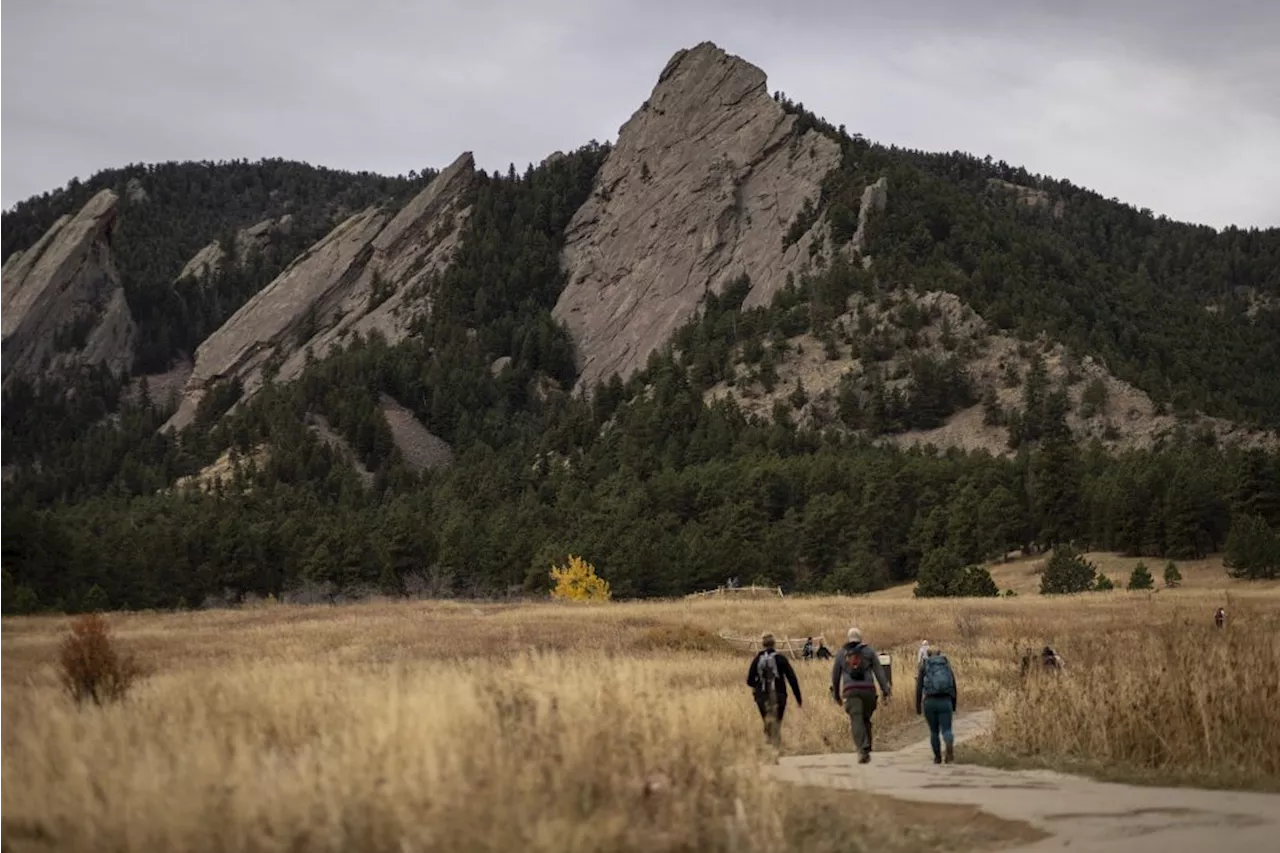Boulder County and the city of Boulder are suing Suncor and ExxonMobil for billions of dollars in damages caused by climate change. The case hinges on whether state courts have jurisdiction over claims related to climate change.
This week, the Colorado Supreme Court will hear arguments in a landmark legal case that could have far-reaching consequences for the oil and gas industry and climate change litigation nationwide. Boulder County and the city of Boulder are suing Suncor and ExxonMobil, alleging that the companies' pollution has caused billions of dollars in damages due to climate change .
The case hinges on whether state courts have jurisdiction over claims related to climate change, a question that has been debated in courts across the country.The plaintiffs argue that Colorado law allows local governments to pursue claims against the oil companies because municipalities are seeking compensation for the harm caused by pollution, not attempting to regulate emissions. They contend that the companies knew about the harmful effects of their products for decades but continued to produce and sell them, causing widespread damage to the environment and public health. Suncor and ExxonMobil, on the other hand, maintain that regulation of greenhouse gas emissions falls under federal jurisdiction, not individual states. They argue that the plaintiffs' claims are an attempt to hold them responsible for the global effects of climate change, a responsibility that extends far beyond their operations in Colorado. This case is being closely watched by legal experts, environmental advocates, and the oil and gas industry alike. A decision in favor of the municipalities could open the door for similar lawsuits against fossil fuel companies across the country, potentially leading to billions of dollars in damages and forcing the industry to take greater responsibility for the environmental consequences of its actions. Conversely, a ruling in favor of the oil companies could set a precedent that limits the ability of local governments to hold them accountable for climate change-related damages
Climate Change Lawsuit Oil And Gas Industry Jurisdiction Colorado Supreme Court
United States Latest News, United States Headlines
Similar News:You can also read news stories similar to this one that we have collected from other news sources.
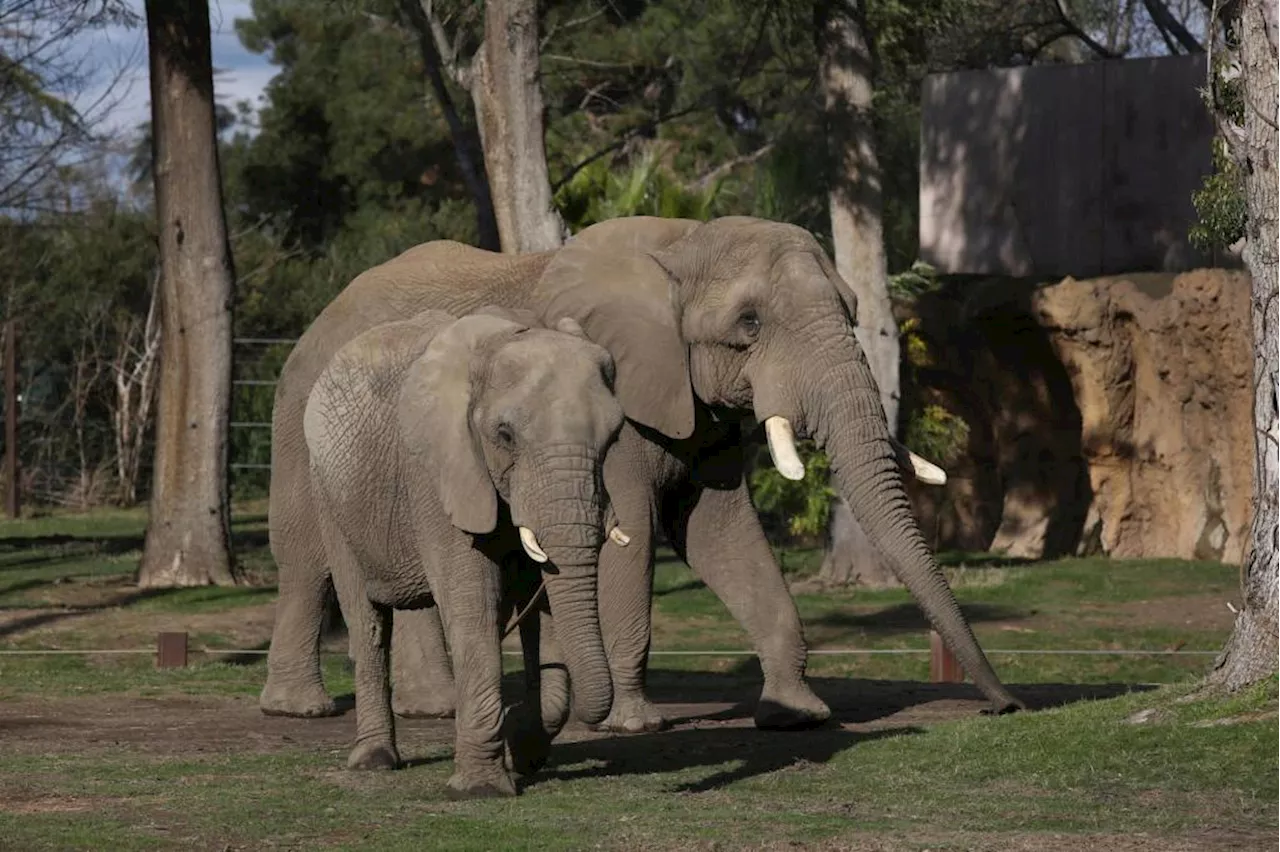 Colorado Supreme Court Rules Elephants Not Eligible for Habeas CorpusThe Colorado Supreme Court has affirmed a lower court's decision, ruling that elephants are not eligible for habeas corpus protection, a legal remedy typically applied to individuals facing unlawful detention. The Nonhuman Rights Project, a group advocating for animal rights, had filed a lawsuit on behalf of five elephants at the Cheyenne Mountain Zoo, seeking their release to a sanctuary.
Colorado Supreme Court Rules Elephants Not Eligible for Habeas CorpusThe Colorado Supreme Court has affirmed a lower court's decision, ruling that elephants are not eligible for habeas corpus protection, a legal remedy typically applied to individuals facing unlawful detention. The Nonhuman Rights Project, a group advocating for animal rights, had filed a lawsuit on behalf of five elephants at the Cheyenne Mountain Zoo, seeking their release to a sanctuary.
Read more »
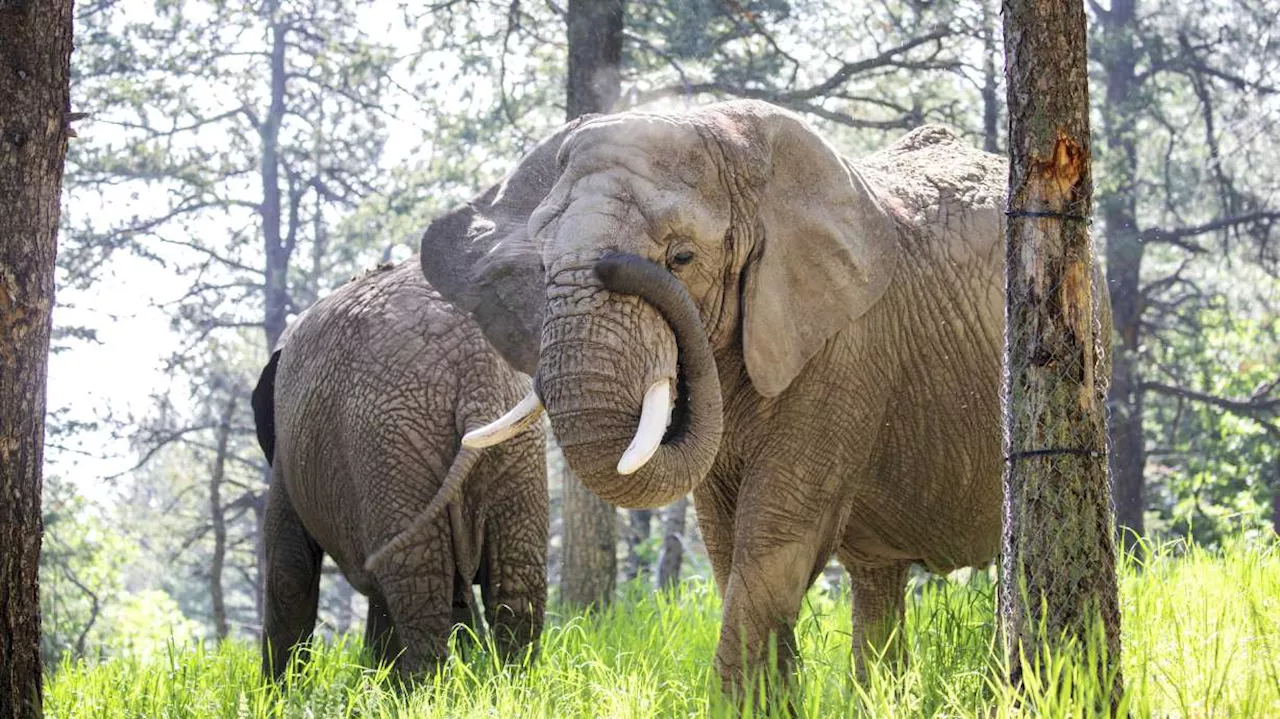 Colorado Supreme Court Rules Elephants Can't Sue for FreedomThe Colorado Supreme Court ruled that five elephants at the Cheyenne Mountain Zoo cannot pursue a legal case for their release. The court determined that since elephants are not considered 'persons' under the law, they lack the legal standing to file a habeas corpus claim.
Colorado Supreme Court Rules Elephants Can't Sue for FreedomThe Colorado Supreme Court ruled that five elephants at the Cheyenne Mountain Zoo cannot pursue a legal case for their release. The court determined that since elephants are not considered 'persons' under the law, they lack the legal standing to file a habeas corpus claim.
Read more »
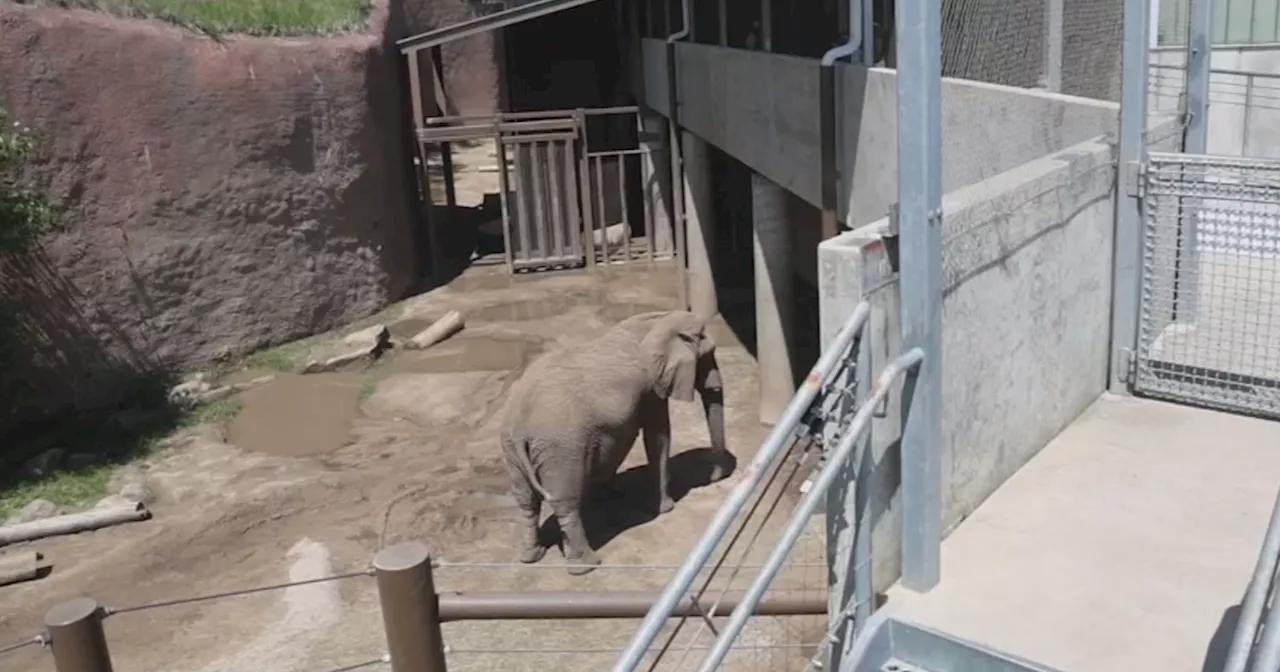 Colorado Supreme Court Rules Elephants Can't Be Released From ZooThe Colorado Supreme Court has ruled against an animal rights group's attempt to free five elephants from the Cheyenne Mountain Zoo, stating that the law cited in the lawsuit only applies to humans.
Colorado Supreme Court Rules Elephants Can't Be Released From ZooThe Colorado Supreme Court has ruled against an animal rights group's attempt to free five elephants from the Cheyenne Mountain Zoo, stating that the law cited in the lawsuit only applies to humans.
Read more »
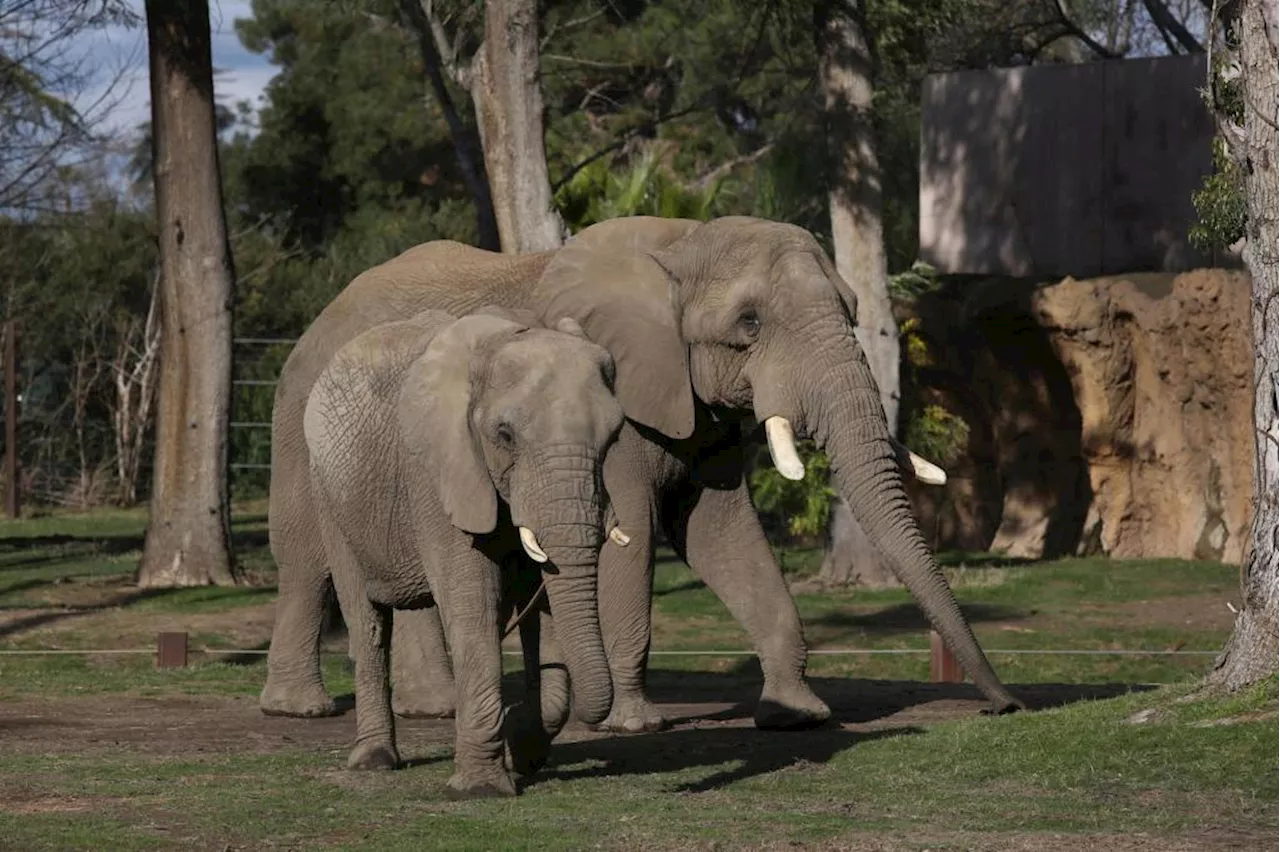 Colorado Supreme Court Denies Elephants' Right to Habeas CorpusThe Colorado Supreme Court has rejected a lawsuit filed by the Nonhuman Rights Project seeking to free five elephants from the Cheyenne Mountain Zoo under the writ of habeas corpus. The court ruled that the writ does not apply to animals, regardless of their cognitive abilities.
Colorado Supreme Court Denies Elephants' Right to Habeas CorpusThe Colorado Supreme Court has rejected a lawsuit filed by the Nonhuman Rights Project seeking to free five elephants from the Cheyenne Mountain Zoo under the writ of habeas corpus. The court ruled that the writ does not apply to animals, regardless of their cognitive abilities.
Read more »
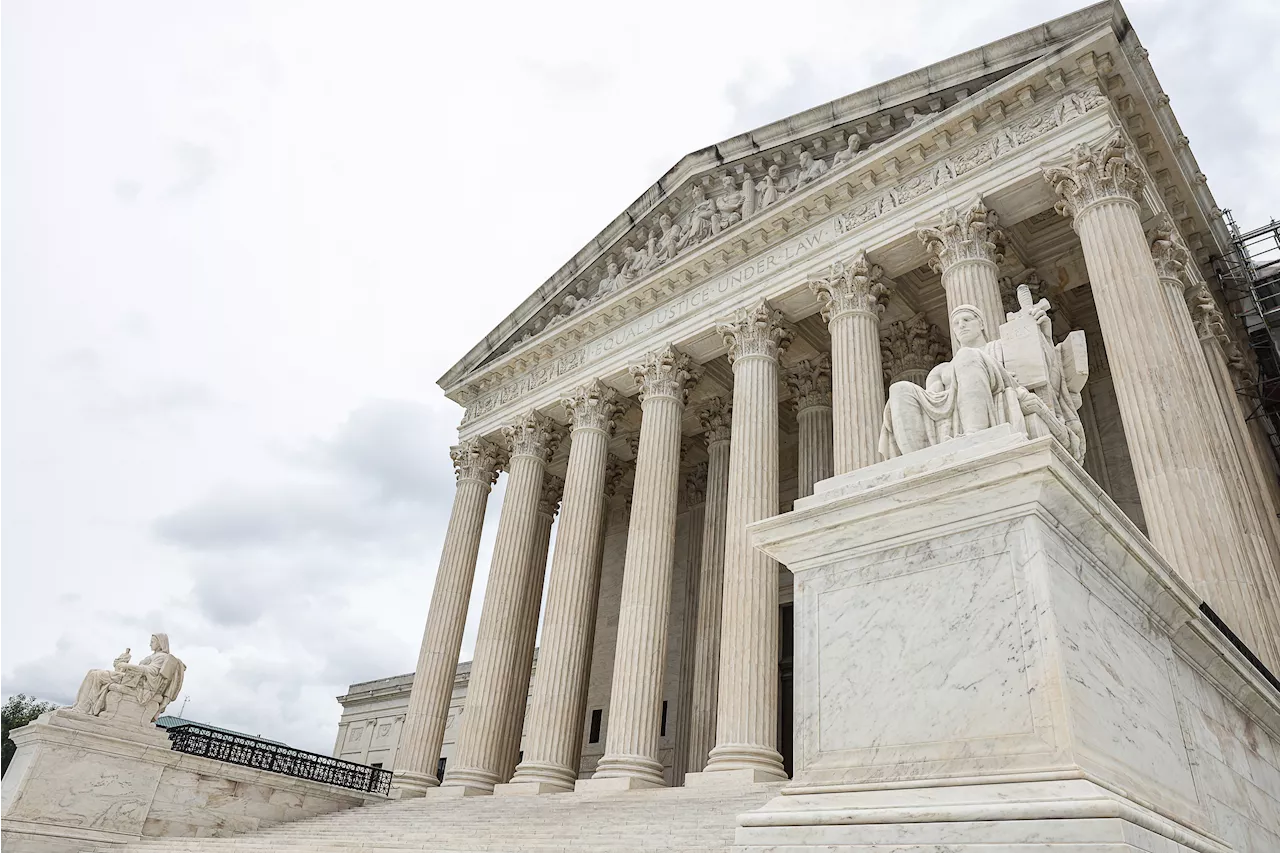 Supreme Court to weigh reinstating Obamacare care requirements struck down by lower courtChallengers raised religious and procedural objections to some of the requirements.
Supreme Court to weigh reinstating Obamacare care requirements struck down by lower courtChallengers raised religious and procedural objections to some of the requirements.
Read more »
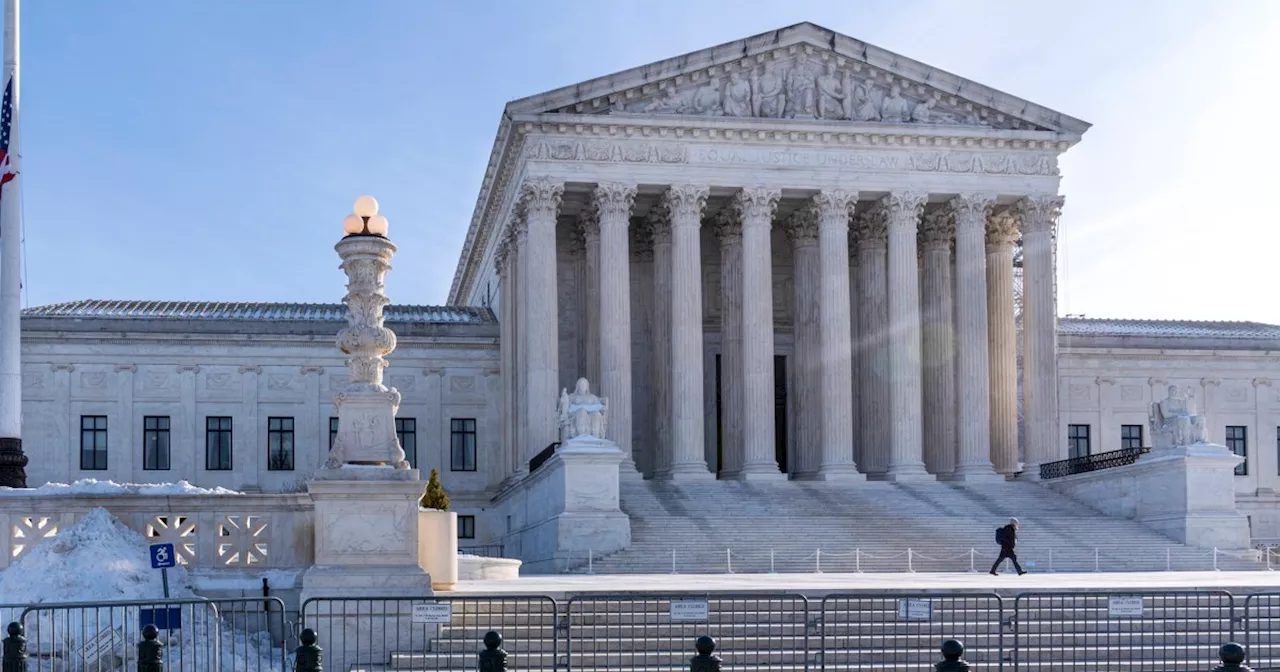 Supreme Court to weigh reinstating Obamacare care requirements struck down by lower courtAfter NBC's reporting on a large hospital system that placed liens on homes of patients who owed medical debt, the company removed the liens and canceled judgments against thousands of patients. NBC News' Christine Romans spoke with one family whose debt was removed.
Supreme Court to weigh reinstating Obamacare care requirements struck down by lower courtAfter NBC's reporting on a large hospital system that placed liens on homes of patients who owed medical debt, the company removed the liens and canceled judgments against thousands of patients. NBC News' Christine Romans spoke with one family whose debt was removed.
Read more »
